Utopia on Vinyl
The history of the industrial musical
Jonathan Ward
Query any grizzled music aficionado about them and you’re likely to be greeted with a baffled stare. Flip through thousands of albums in thrift stores, yard sales, or used record shops and you’re lucky if you find just one. Cold-call corporate archives and you still might hit a dead end. But they do exist. What are these rarities? Recordings of industrial musicals (also known as industrial shows): joyous, inspirational expressions of company life in song performed on stage and occasionally pressed on vinyl to be given to employees as souvenirs. These audio relics—today some 200 examples are preserved—belt out the last vestiges of presumed innocence in twentieth-century capitalism, recalling a time when many believed industry was benevolent, corporations knew best, and products were saviors.
Of course music has been attached to consumerism since the recording industry’s dawn, from jingles to “sales marches” to full-length novelty tunes like “In My Merry Oldsmobile” or “Henry’s Made a Lady out of Lizzie.” It took the postwar boom for corporations to begin thinking really big; by the early 1950s, they were producing all-out, Broadway-style musicals, though not to sell products to the public, but rather to entertain the workforces at corporate conventions and galas. Give the Lady What She Wants, an original musical written in 1951 by a young composer named Lloyd Norlin, chronicled the history and philosophy of Marshall Field’s department stores. Privately pressed on vinyl to celebrate the company’s seventieth anniversary, it’s the very first known recorded industrial show, a distinction made possible by its coinciding with the mainstreaming of the long-play phonograph record.
The automobile industry soon jumped into the fray with Oldsmobile’s The Mighty O!, a soaring paean to the brand-new, chrome-covered ’54 line. Mighty O! boasted a cast of dozens, a full orchestra, and real Broadway stars, including Bob Fosse. Its plot was perfectly tailored to allow the singers to extol the exciting features of Olds’s new models: “Sleek as a yacht on a drifty sea—three inches lower than ’53!” Indeed, an unyielding sense of passion fills every track, even “Panoramic Windshield.”
By the late 1950s, the nascent industrial show genre had carved out its goals: educate the managers and salesmen, get them excited about new products and concepts, bolster the worker’s confidence in the company’s future, and of course, leave them humming as they exit the show. All of which meant hiring talented composers, lyricists, and actors, as well as spending untold amounts of money. Just about everyone got on board: Standard Oil treated their workforce to The Big Change in 1957 and I Love A Salesman in 1958. General Electric’s appliance divisions produced a slew of shows. It’s A Great New Line from 1957 featured lovingly crafted odes to their dishwashers and garbage Disposalls. A crowning achievement of the decade was The Shape of Tomorrow, a “musical introduction to 1958 Westinghouse appliances.” With brassy orchestrations and positively bionic vocals, Westinghouse gave its higher-ups a musical that crammed every attribute of their new products, however minute, into each song:
Who wouldn’t want to sell a stove after hearing that bouncy plug? By the beginning of the 1960s, the industrial show was in full bloom. Composers and actors were eager to hone their talents and reap the fast cash that “industrial theater” could yield. Among the unsung industrial-musical geniuses of the shows’ most fruitful decade were Michael Brown, who churned out classics for DuPont Fibers, J. C. Penney, and Singer Sewing Machines, and Sid Siegel, who gave the world The Bathrooms are Coming for American Standard. Skip Redwine, Ed Nayor, and Wilson Stone, though all largely unknown to the world at large, were talented and highly paid composers on the industrial circuit. Future Broadway mainstays Jerry Bock and Sheldon Harnick wrote the tractor-show hoedown Music to Ford-I-Fy Your Future. Television stars Hal Linden, Loretta Swit, Valerie Harper, and David Hartman began their careers in such forgotten masterpieces as The Name of the Game for Listerine, Going Great! for Rambler, and Go Fly A Kite, the highlight of General Electric’s Fifth Utility Executive Conference.
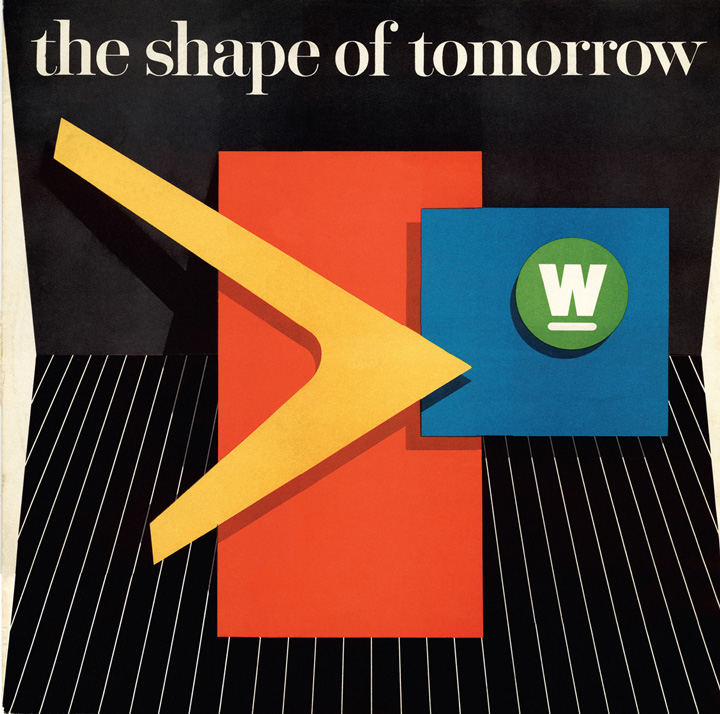
“Easy as A-B-C”
Glamour for sale! Glamour for sale!
The shape of tomorrow for a loveliness bewitchin’—
The shape of tomorrow for a STUNNING KITCHEN!
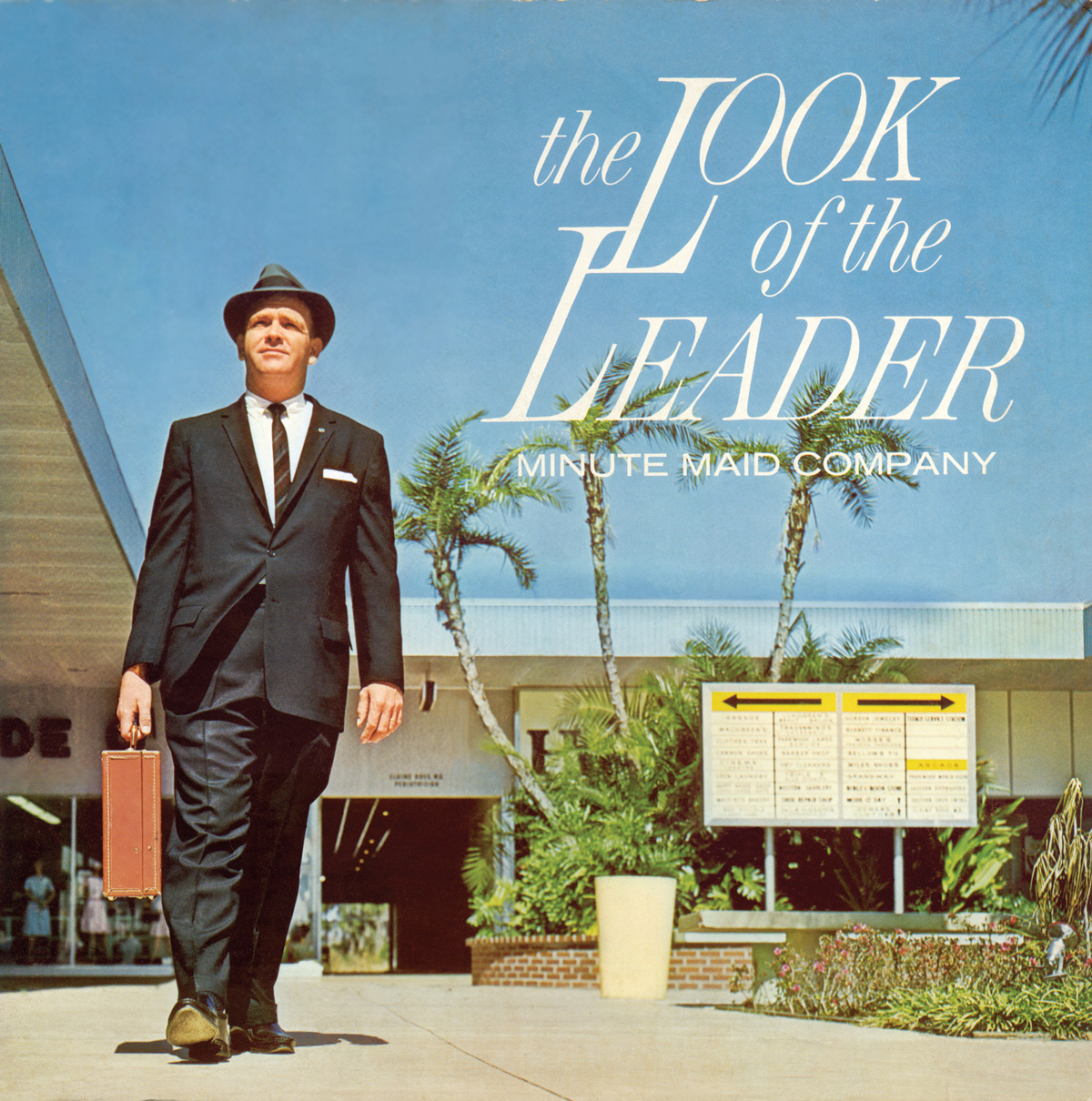
“Minute Maid Company on the Move”
While America’s growing shore to shore—
Minute Maid will keep growing—more, and more, and more!
Good for all America—for our economy!
And what’s good for America is good for you and me!
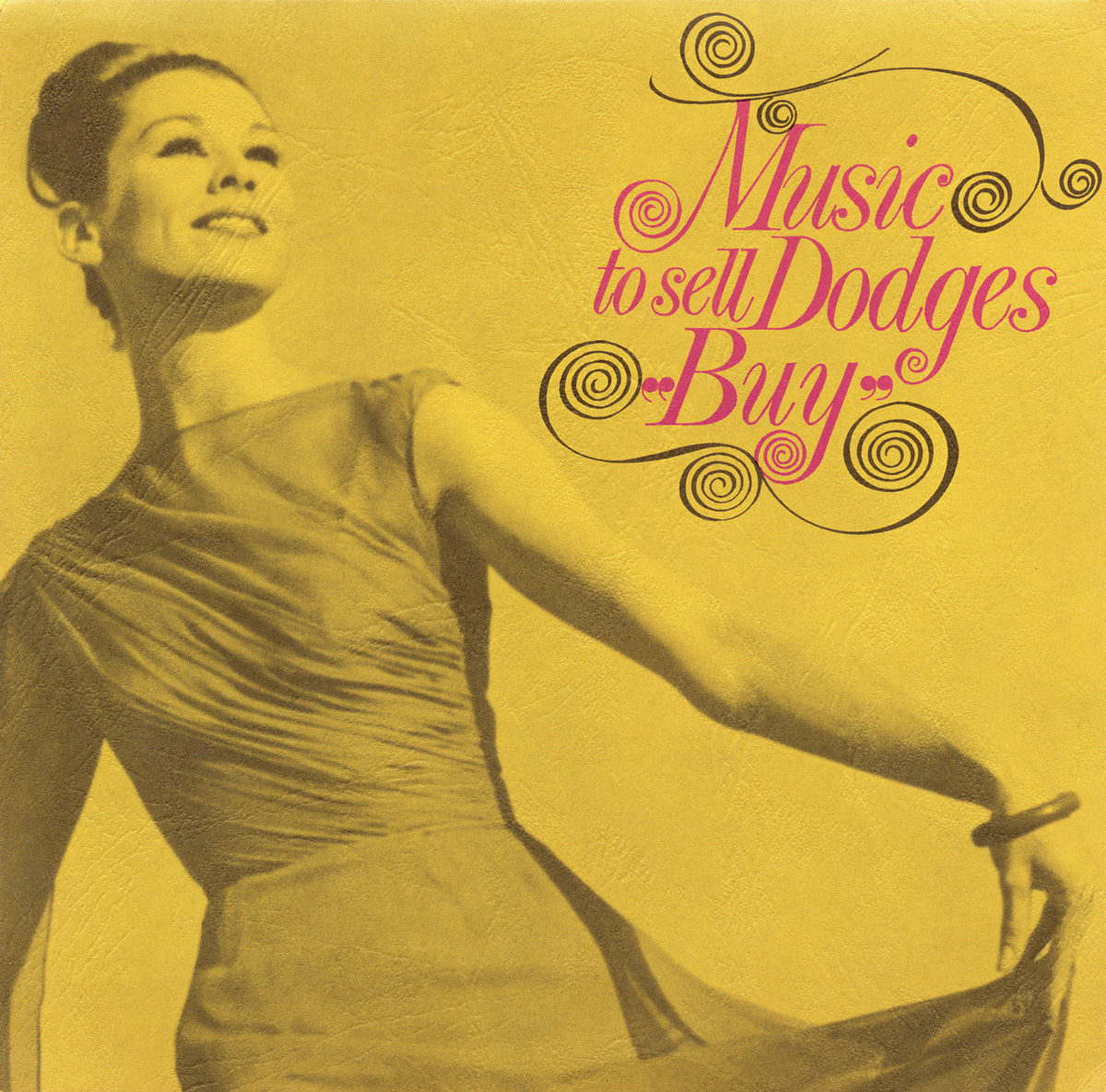
“What Have We Got”
You take the grill and bumpers and the tail lamps—
You take the hood and roofline and the wheels—
That’s a silhouette about as great as you can get—
You know you’re ready for the customers and deals!
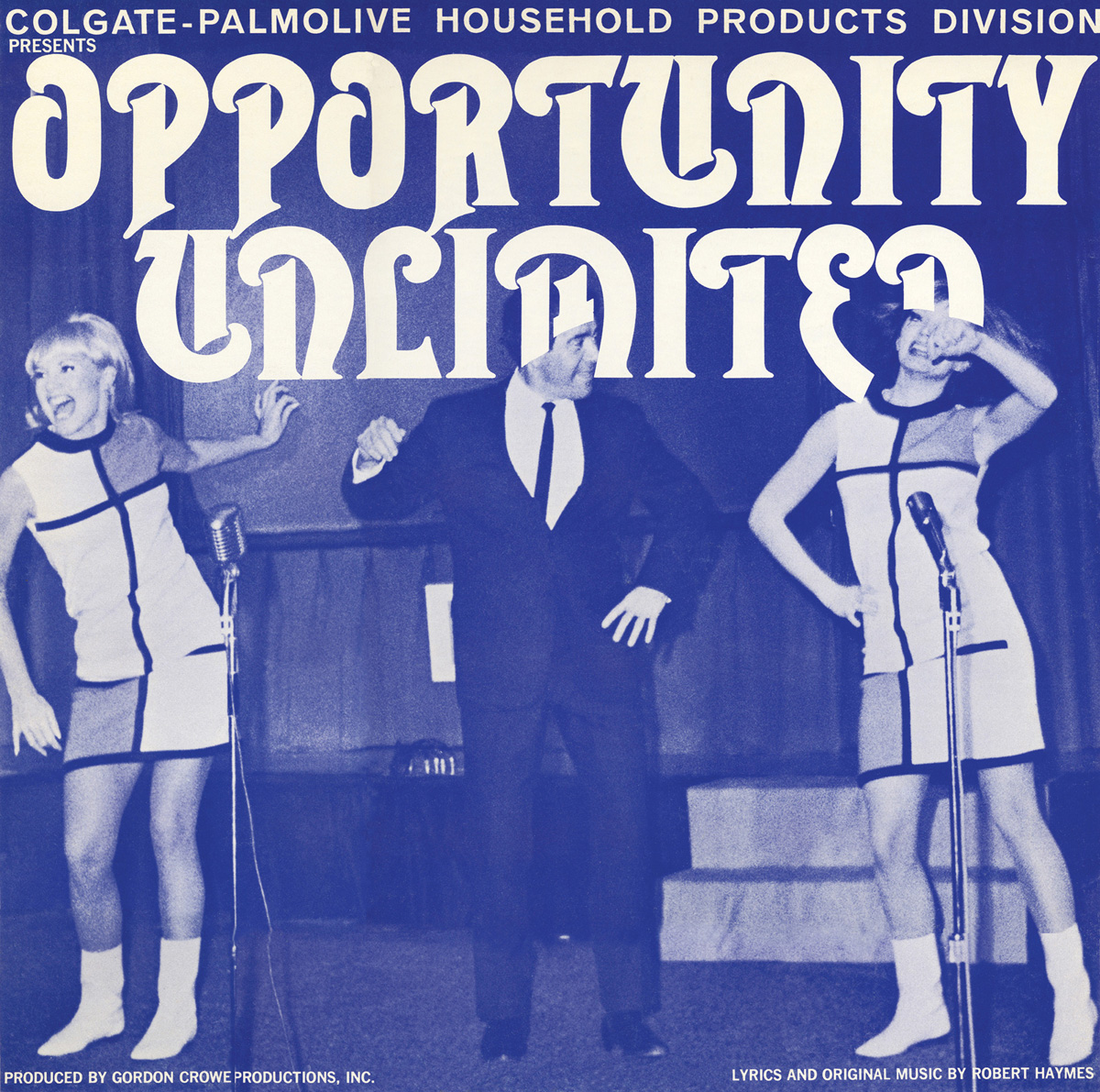
“King of the Road”
Here comes our salesman Dan, handsome and tall and tan—
There’s nothing finer than—a real live Colgate man!
The compositions were catchy and the lyrics well written, often with tongue in cheek. Take Diesel Dazzle, for instance, the 1966 musical written by the composer/lyricist team of Hank Beebe and Bill Heyer for the Detroit Diesel Engine Division of General Motors. Billed as a “musical moment in pursuit of solescence,” one of the show’s standout tracks is the soapy “One-Man Operation,” in which a salesman’s wife sings a valentine to her husband, the hard-working Joe who bought his own service station and now has time to spend with her and the kids, thanks to Detroit Diesel, of course.
Women weren’t just wives in industrial shows: the 1966 B. F. Goodrich sales meeting musical features the potent track “A Girl Who’s Making It Big,” in which the female lead singer proves she can sell tires just as well as any man. Buick’s The Car: Buick ’59 includes a number sung by a female car buyer who easily handles the drooling salesmen, cool in her knowledge of what she, the customer, needs. While the lyrics are hilarious in their dated politics, they’re at least inclusive. But some women didn’t fare as well. When the wives of Clark Equipment salesmen sing, “Yes, we’re those things called salesman’s wives—we gave up living when we chose our lives,” in This Is Clarkmanship (1969), we know that their lament probably rings true.
Of course gender politics wasn’t the central theme of industrial musicals. Naturally, it’s all about sales. The corporate cliché abounds in the shows’ titles: Opportunity Unlimited (Colgate, 1965), It’s A Brand New Ball Game (Monroe Calculator, 1969), The Grip of Leadership (Coca-Cola, 1961), and Look of the Leader (Minute Maid, 1963). And in an early expression of global capitalism, the musicals were exported as well: Coca-Cola repackaged their American industrial musicals for German Coke bottlers with Partnerschaft-Addierte Kraft (featuring the jaunty “Wir Bleiben am Ball,” or “We’re Having a Ball”), and for their Mexican bottlers with the swinging Usted Y Coca-Cola.
Whether these shows succeeded in generating better salesmen, or even entertaining them beyond the night of the live production, is difficult to ascertain. Judging simply from the scarcity of the souvenir albums, one would guess not. Yet the variety of those that have survived is evidence that a broad cross-section of American industry performed these extravagant shows year after year—so sales must have picked up when the curtain closed. Companies large and small, no matter how difficult their products were to sing about or plot around, gleefully burst into song. Take Converters Inc., a producer of disposable paper hospital gowns and sheets; their 1967 show has the confidence to proclaim, “I really enjoyed my appendectomy—loved my hysterectomy! Love those drapes and caps and those towels—by Converters!” Or take The HPB Go Show of the same year, by the Home Products Division of the Owens-Corning Fiberglas Corporation. Yes, an entire musical about their fiberglass products. No matter that it was produced in a half-empty hotel room with three singers and an attendance of maybe thirty-five people. It was all in the name of Industry.
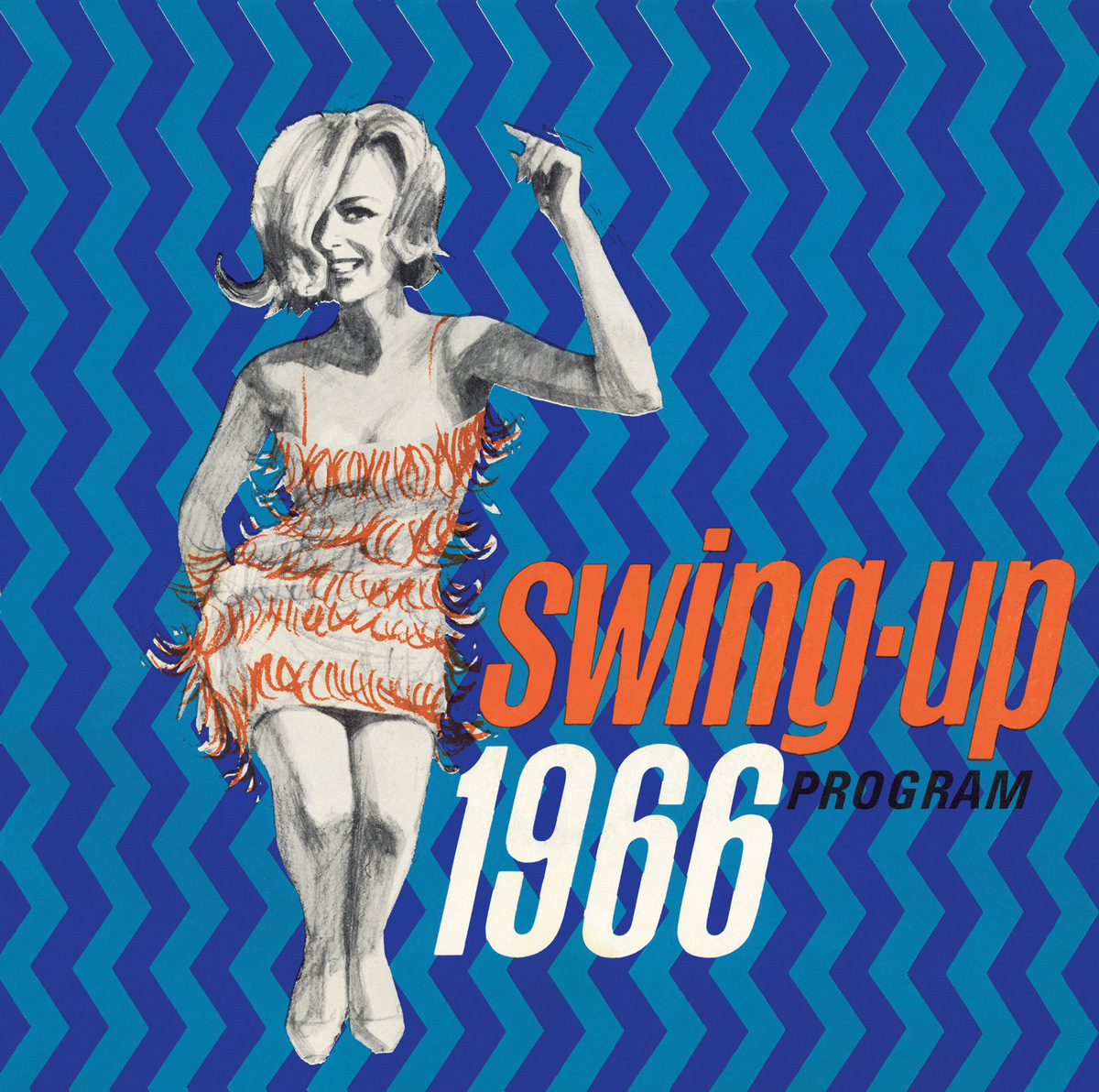
“Swing Up”
Get set for ’66, the year of the Swing Up!
The growth in industry is gonna be outstanding!
The whole economy is gonna be, ooooooh outstanding!
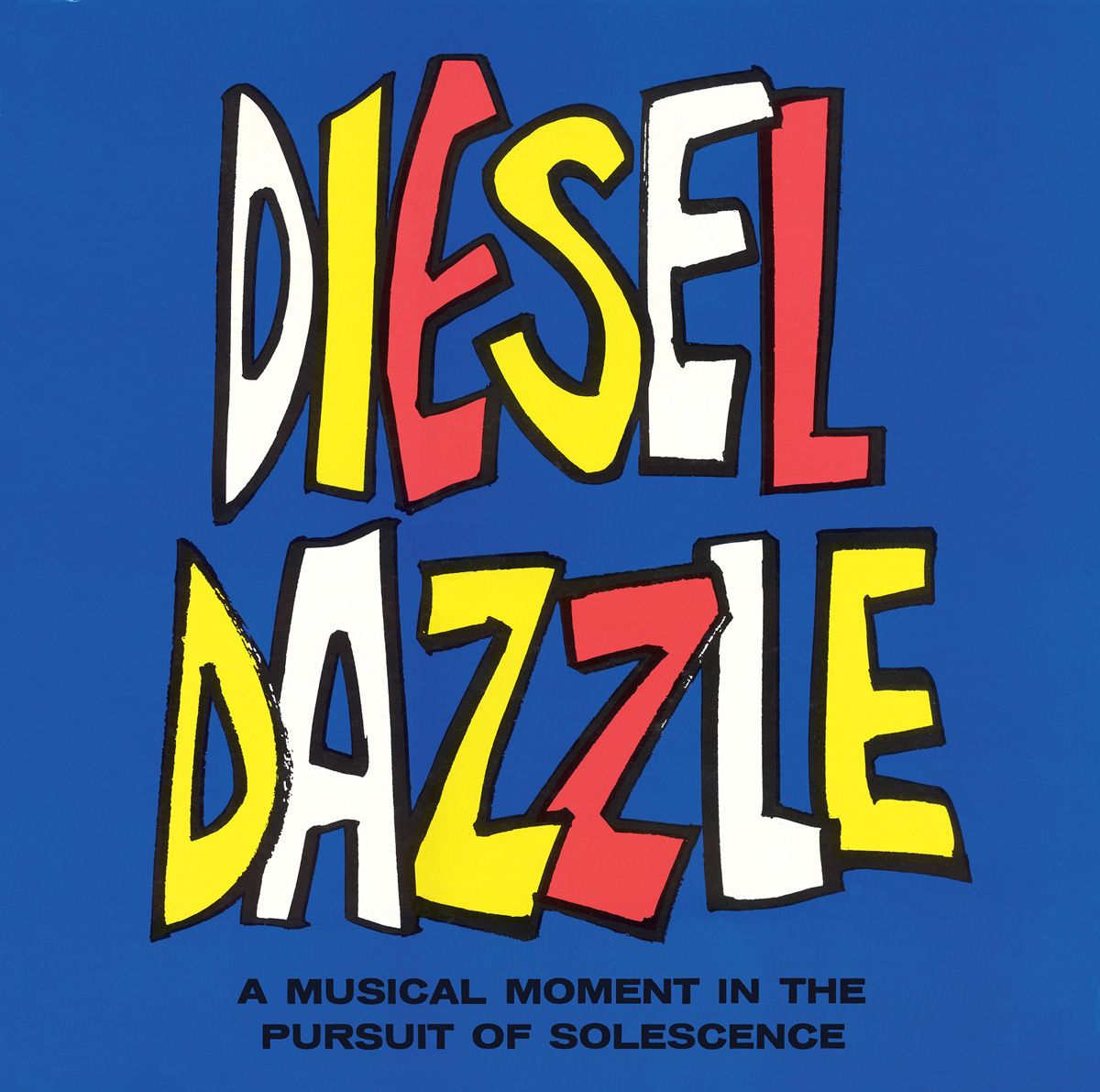
“Reliabilt Hoedown”
National promotion right up to the hilt—advertising to spread the flame—
Bright new packages for each rebuilt—packages that bear the name:
Reliabilt
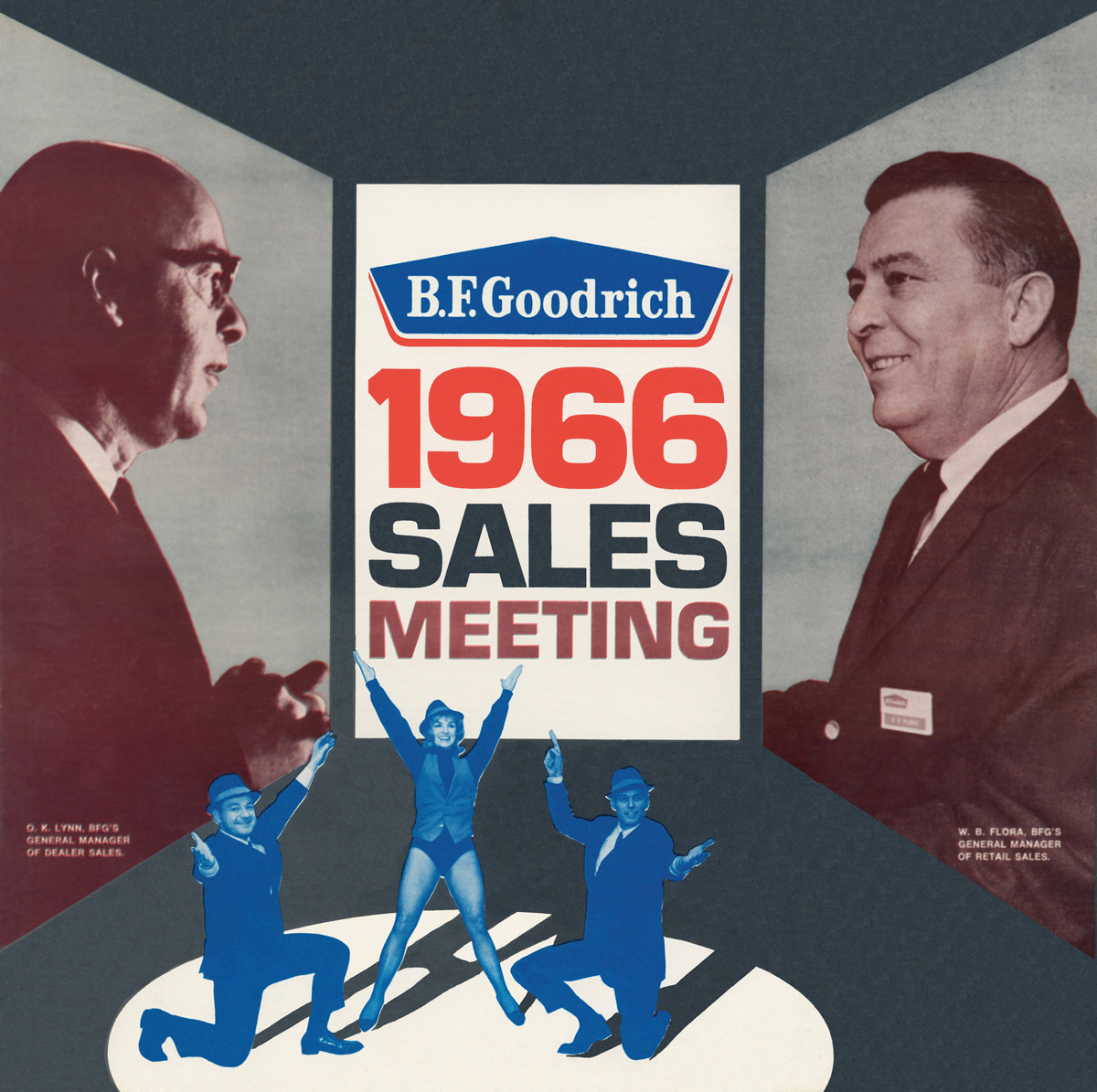
“A Girl Who’s Making It Big”
I’ve learned my lesson and now I know: I can sell like a man—
I can spot a prospect a mile away and if someone can sell him, I can!
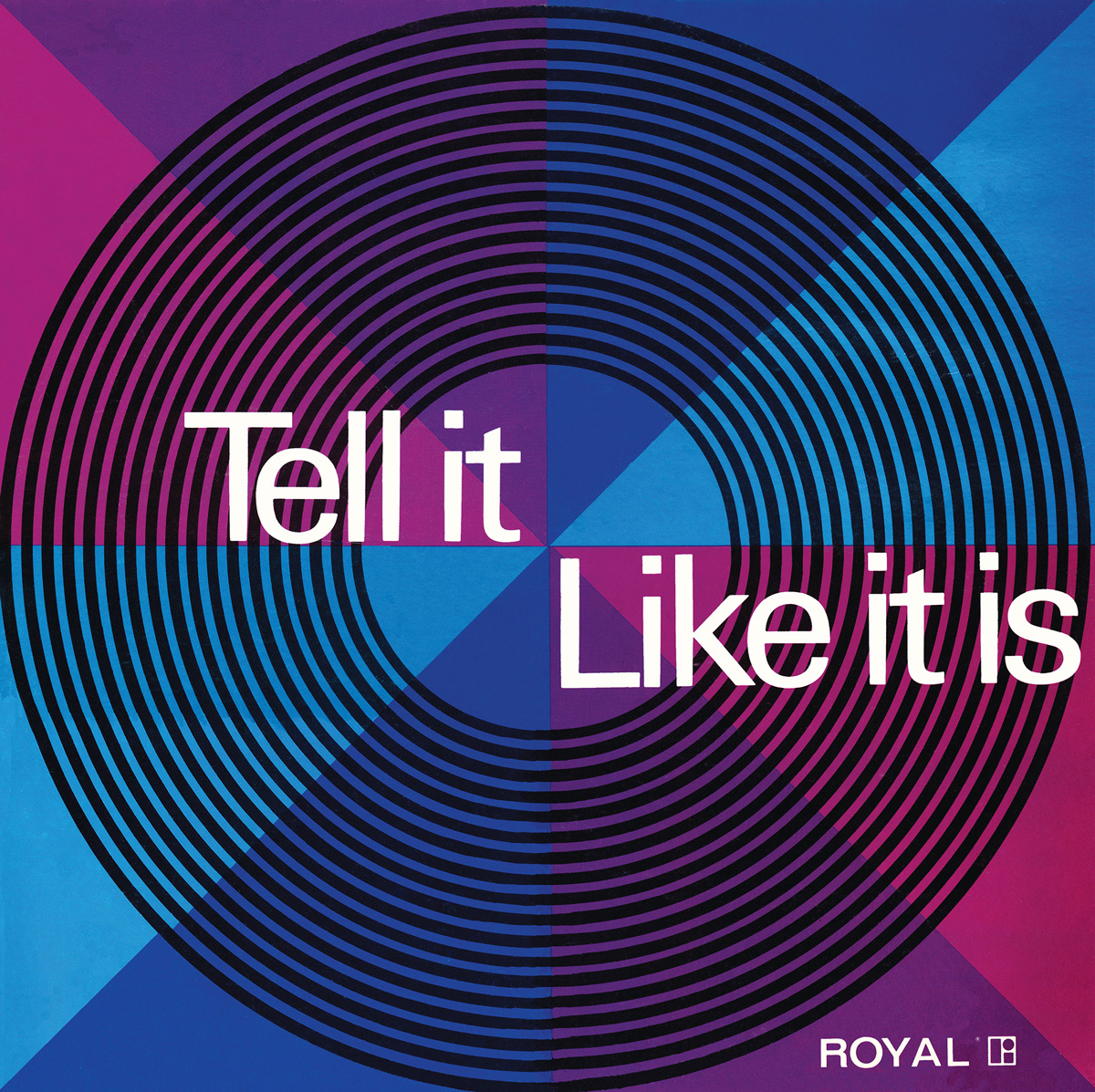
“Secretary’s Dilemma”
Though our boss never beats us, for that he’d never do—
It always looks as though he does ’cause we are black and blue
With ribbons! Ribbons! Ribbons!
But industrial musicals weren’t all cheerleading and verve; there was a darker side. Stamped on every souvenir album is a bold warning for its owner: not only are the albums never to be played publicly, they are strictly for company employees only. In other words, you’re in trouble if the competition hears about this. And no wonder. Ford’s musicals boast about how they’ll “beat the hell out of Chevrolet.” Coca-Cola’s shows—the most buoyantly militaristic of all industrial musicals—contain such jaw-dropping lines as, “We’ll send those boys from OSHA straight to hell!” And Exxon, in The Spirit of Achievement, boldly summed up its philosophy in the song “Efficiency”:
Tellingly, most of these hubristic corporate fantasies emerge from the industrial shows of the 1970s and 1980s. While the shows of the 1950s earnestly appealed to salesmen to embrace their fellow man (after all, he’s the customer), and those of the 1960s delivered in entertainment value, by the late 1970s corporations had, at least in song, gained an edge. Gone were the days when Cole National Corporation would perform and release A Fairy Tale (1965), an entire show about their new line of color-coded car keys. That seems quaint compared with Money magazine’s 1981 tenth anniversary show, One For the Money, which featured tracks that tried to grapple with the effects of trickle-down economics. By 1986, the Pepsi Advertising Premiere show could, amid bubbling synthesizers and a robotic chorus, promote Pepsi taking over the entire universe, “side by side with our bottlers.”
Pepsi’s dream of conquest was something of a swan song for the genre, as the industrial show soon faded away. Come the 1970s, theatrical production costs grew unwieldy as SAG fees rose, limiting the talent pool. And of course Broadway isn’t the popular force it once was. Today’s Monsanto employee most likely does not own album versions of Les Misérables or Rent as his forebears might have owned My Fair Lady or Hair. Add to this the arrival of video, and now, PowerPoint, and the demise of the industrial musical seems inevitable. In fact, the idea of a musical stage show extolling the virtues of a company, its philosophy, and its products as tools to engender loyalty and enthusiasm is hopelessly out of date. Employees of modern-day corporations are savvy to the fact that their parent company will do anything to cut costs: slash benefits, limit vacation time, or simply lay off staff. Needless to say, musicals extolling the virtues of massive cutbacks or offshore tax shelters would be a very hard sell.
So what’s left of a three-decade era of staged corporate entertainment? Only the records: the most perverse amalgam of influences, agendas, clever lyrics, and catchy melodies ever set to vinyl. For these private glimpses of business frolic, we have a few devoted industrial album collectors to thank (as if you couldn’t guess: I’m one of them). Were it not for their dogged perseverance an entire subgenre of American music would be lost to the dustbin of a poorly attended estate sale.
Record covers courtesy Steve Young and the author.
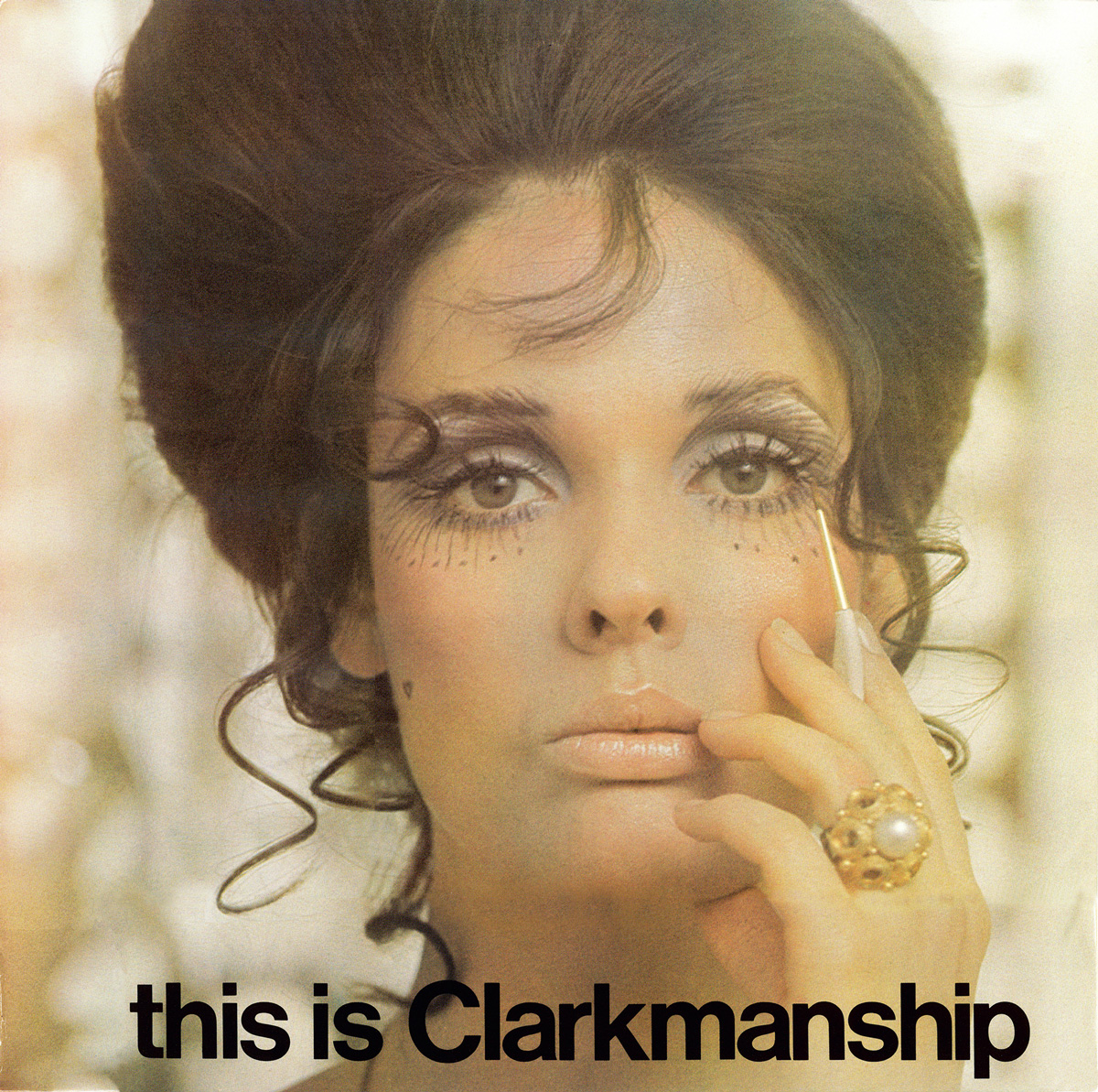
“Hooray for Human Engineering”
So sing the praise of a company that cares,
A company that plans and works and dares –
To make bones feel better through human engineering!
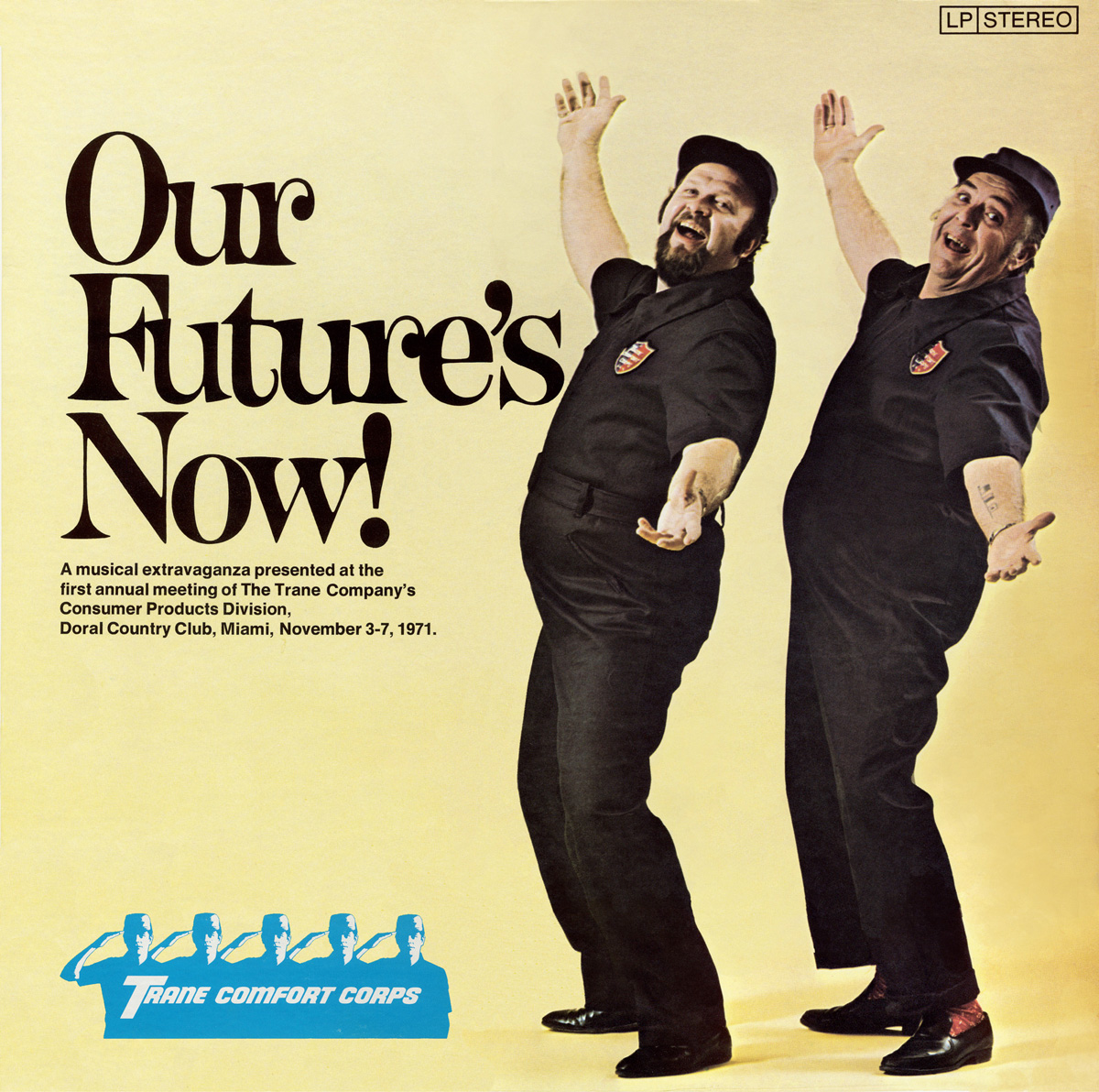
“New Day’s A-Comin’ Soon”
New day’s a-comin’ soon, and it just won’t be the same—
CP division supporting you, and the Comfort Center name.
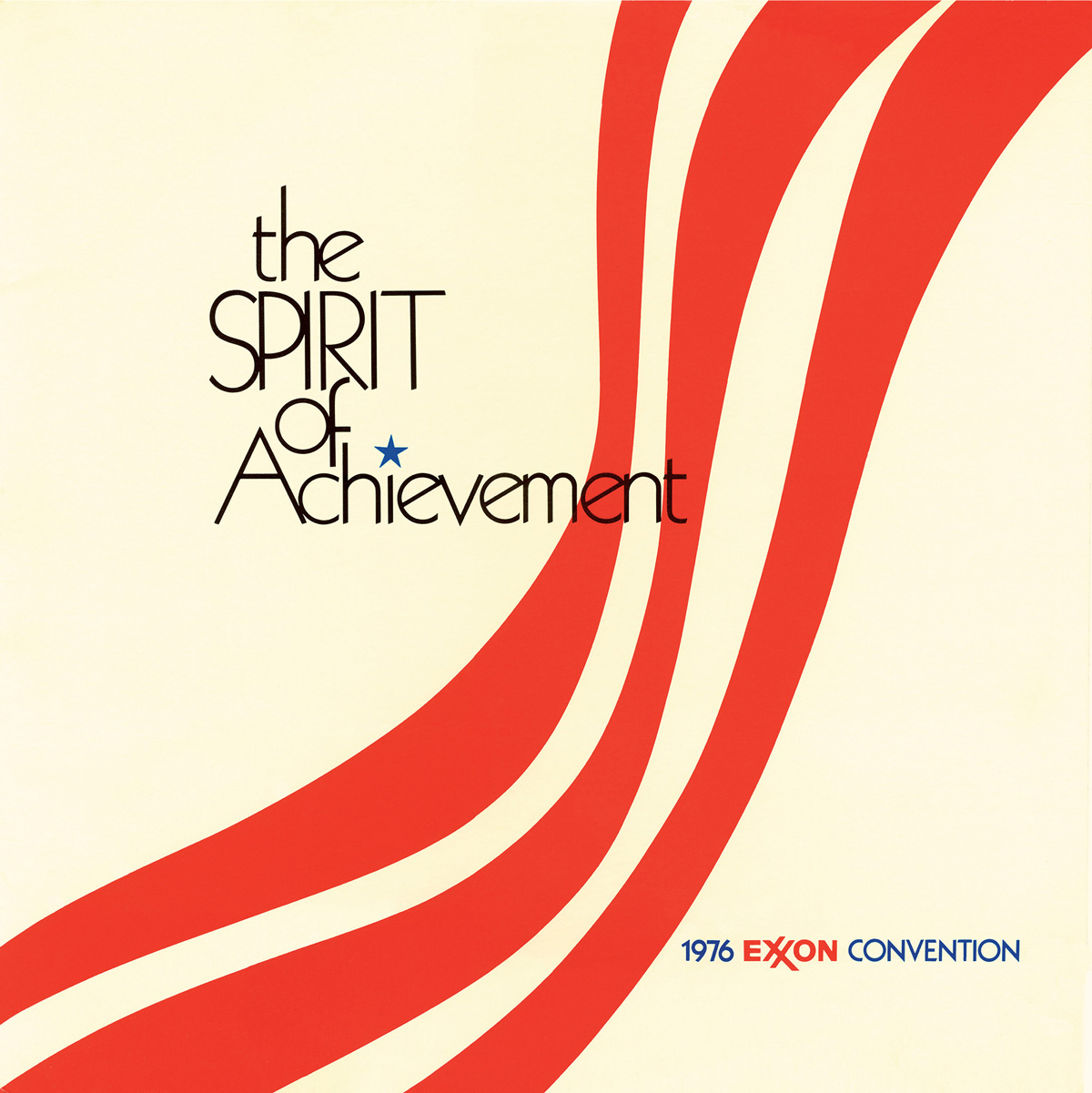
“The Bottom Line”
Stop and use your senses by controlling your expenses
On the bottom line—the profit line!
Unit volume is the thing that counts, it’s not the single sale amounts—
The bottom line is the dollar sign!!
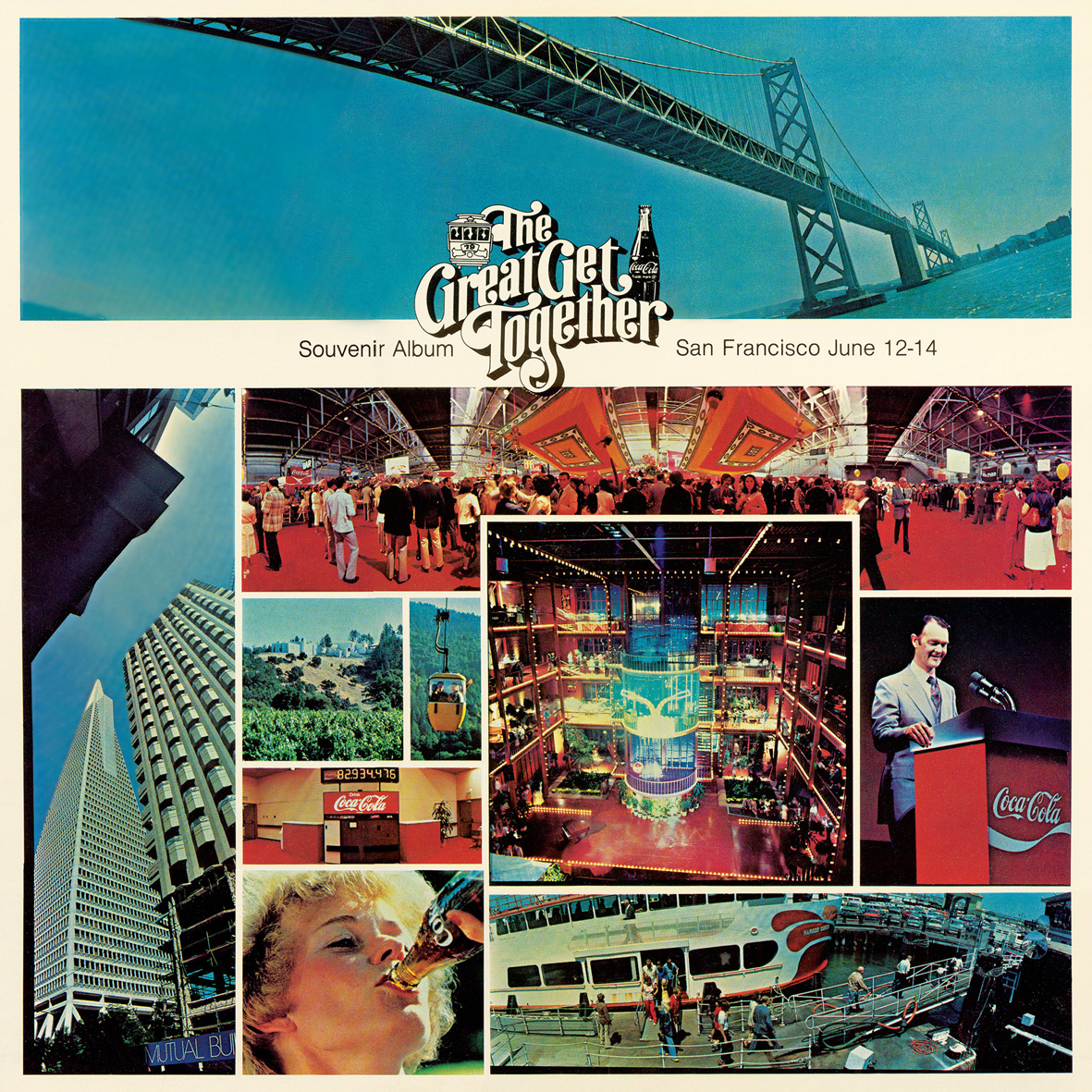
“That Big Bottling Plant Up in the Sky”
In that big bottling plant up in the sky—
There’s no FTC and there’s no EPA—
No FDA, to spoil your day!
No more alphabet soup to turn your hair gray!
Jonathan Ward is a record collector and writer living in Echo Park, Los Angeles. His previous examinations of undiscovered music appear online at Perfect Sound Forever (www.perfectsoundforever.com), and at bobvido.com, an ongoing project documenting a forgotten outsider musician.
Spotted an error? Email us at corrections at cabinetmagazine dot org.
If you’ve enjoyed the free articles that we offer on our site, please consider subscribing to our nonprofit magazine. You get twelve online issues and unlimited access to all our archives.